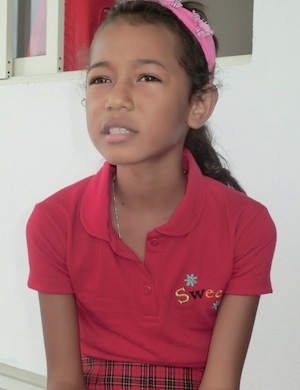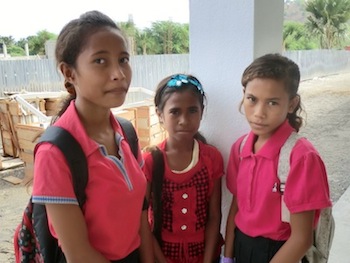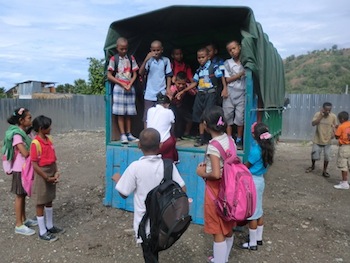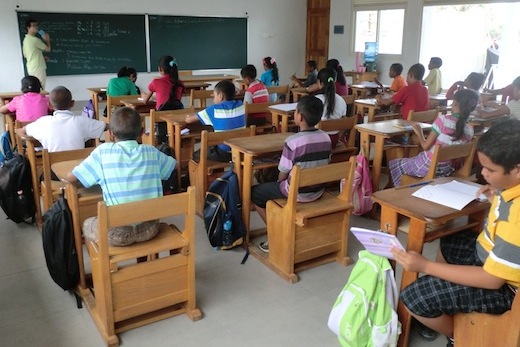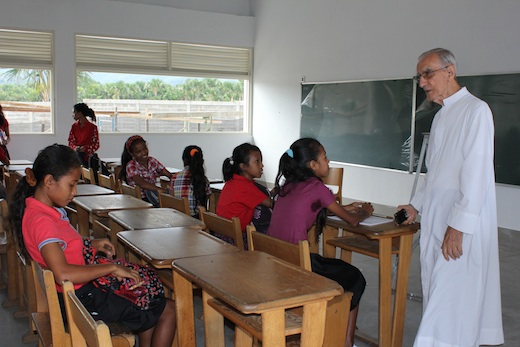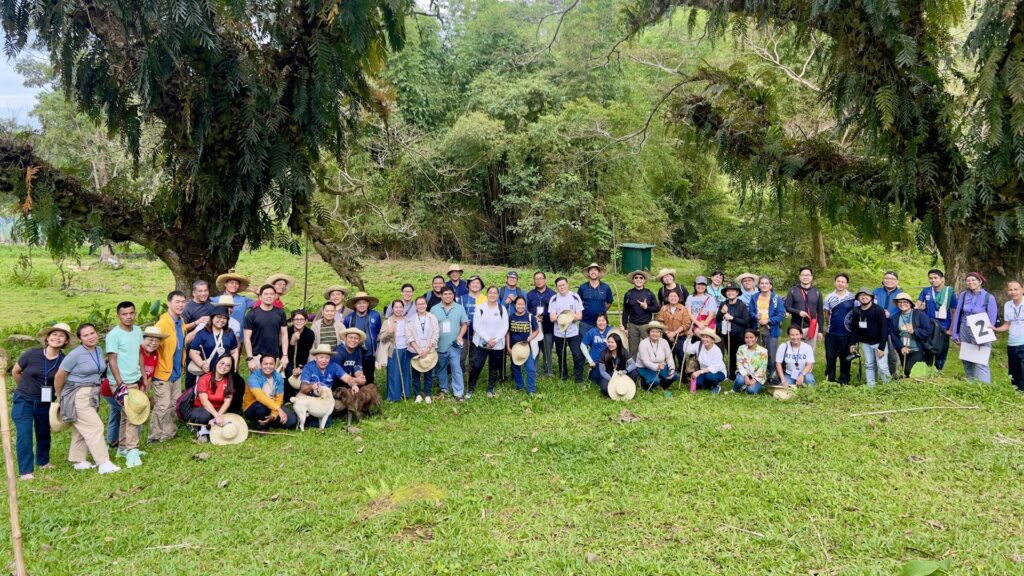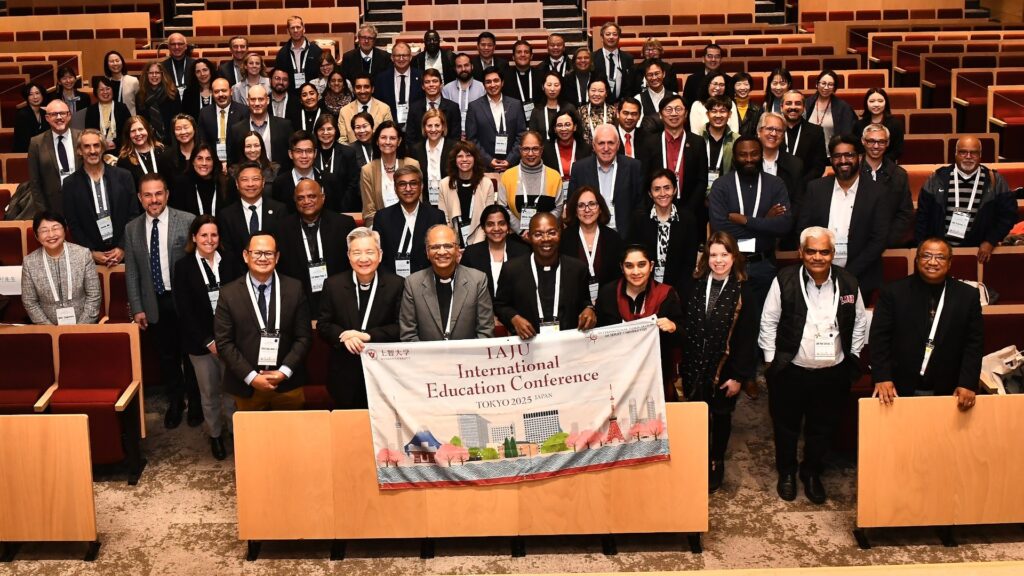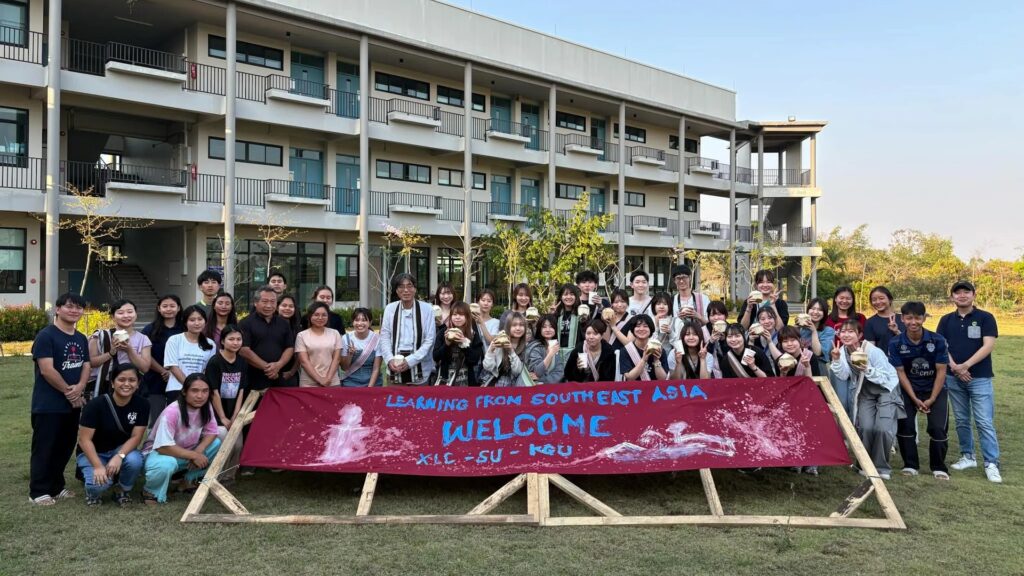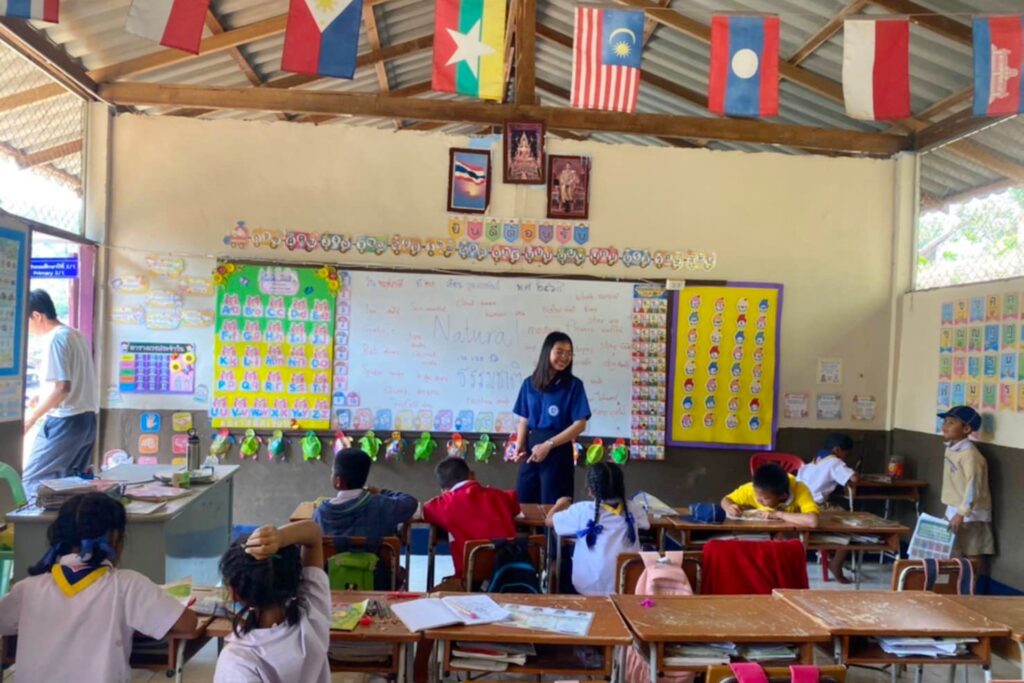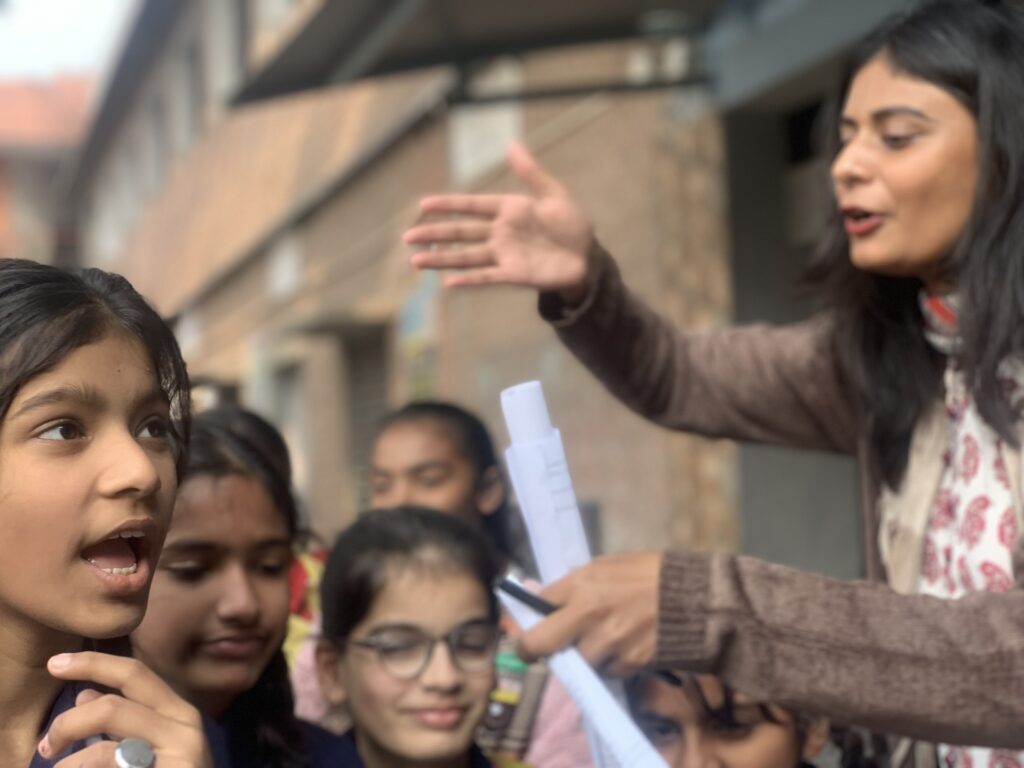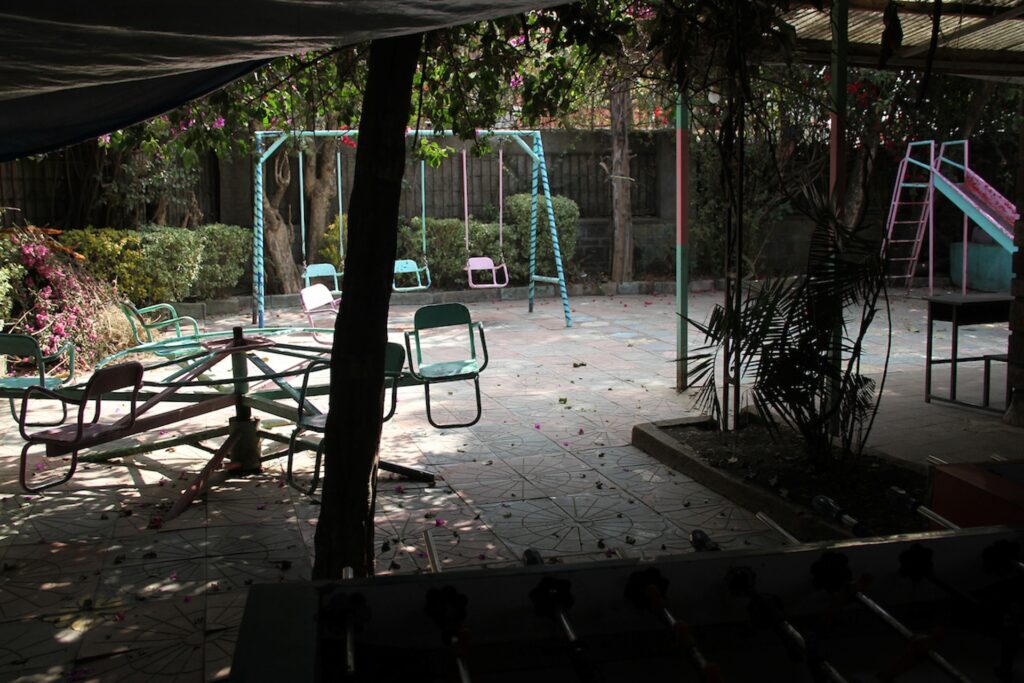Not all children look forward to the first day of school, but for the 74 first students of Colégio Santo Inácio de Loiolá, January 15 was a much-anticipated day. Nearly all of them arrived one hour before the school day began at 8.30am.
The first order of the day was Mass, to give heartfelt thanks to God for making the school possible. For the Jesuits in Timor-Leste, the day marked the realisation of a 10-year dream of having an education apostolate in their country to serve the needs of the people. Timor-Leste has insufficient schools and a shortage of trained teachers. Almost 40 percent of the people of Timor-Leste aged 15 and above have no education at all.
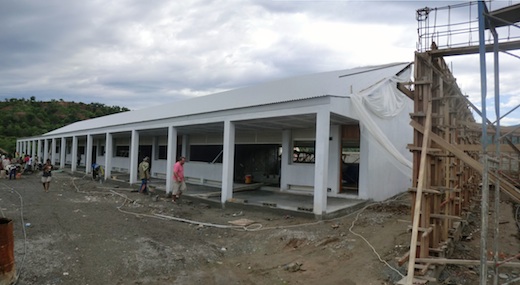
The workmen only finished the classrooms and temporary staff room late on January 14, so the team spent the night setting up the furniture and preparing for the Mass the next morning.
After the Mass, the students were giving an orientation to the school. They were told what the school was going to be for them, what was expected of them, and what to expect for the next day, the first day of classes.
“This school will prepare youth to become people that the Church and the country needs. To prepare people who care for the country, we have to provide the best quality of education that we can offer,” said Fr Plinio do Rosario Gusmao dos Reis Martins SJ, who is the school’s director.
For the children, being students here means a chance to realise their own dreams.
“I want to become a doctor,” said Jufrania. “I just want to be in a good school which will teach me how to respect others and come to know Jesus. This school, I know, has good teachers who communicate well with their students. They will understand us and give their time for us. They will not only teach but spend time to explain.”
The teachers too have high hopes of the school.
“This school can become one that will show children the way. This is what parents want. It is with the collaboration of the parents, teachers and the Jesuits, that this school is going to become well known in the whole of Timor-Leste. My great hope is that this school will become a second Ateneo,” said Maria Filomena de Jesus. She was referring to Ateneo de Manila in the Philippines.
On January 16, the students again turned up early, ready for their first day of classes in Year 7. When some Jesuits arrived at 7.45 am, most of the children were already there, despite some of them living much further away in Liquica and the capital, Dili, which is some 20 km from Colégio Santo Inácio de Loiolá.
It was an encouraging beginning for the school, but the Jesuits in Timor-Leste are all too aware of the challenges that lie ahead. Colégio Santo Inácio de Loiolá is but the first part of a Jesuit educational institute. Also planned is a teacher training academy, which when it opens in 2014 will offer a four year degree course for senior secondary teachers.
Funding has to be found to complete the building of the institute. The costs are high since much of the building materials have to be imported. Laboratory and computer equipment have to be found and a good library built. Money is also needed for student scholarships, according to needs, for the children as well as the teacher education students.
Caption for main photo: Colégio Santo Inácio de Loiolá director Fr Plinio do Rosario Gusmao dos Reis Martins SJ speaking to the students about the school on the first day.
For more information on Colégio Santo Inácio de Loiolá, visit www.educacao-jesuita.tl.
To contribute to the Jesuit educational institute in Timor-Leste, contact jcapsj@jcapsj.org.

